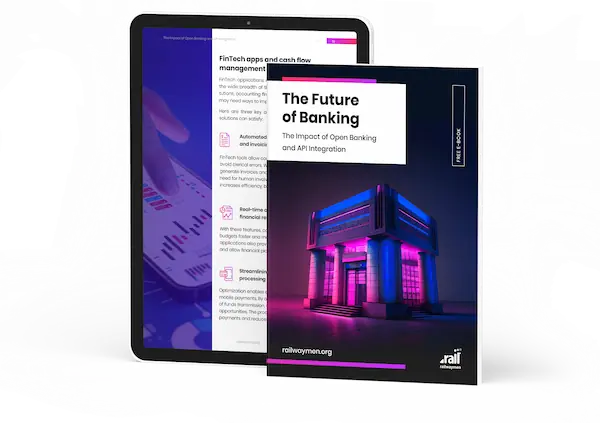The demand for big data in the FinTech industry is noticeably growing. Big Data has pioneered many innovations in the financial technology sector, including open banking, a system that provides third parties with access to financial data via application programming interfaces (APIs).
Enhancing financial management: Benefits of Xero integration
With regard to a company's growth, it frequently appears that it has a variety of systems and applications that do not effectively communicate with one another. One of the biggest issues in this field is accounting. Fortunately, there are tools available that can help streamline the process of managing finances. Among them is Xero, a tool that more and more FinTech companies are reaching for. What is Xero used for and what benefits does it generate for companies?
The Impact of FinTech on the Global Economy
Financial Technology, also known as FinTech, is considered as a potential key to the global ascendancy of finance and the digital economy is a new driving force in the sustainable development and high-quality growth of the global's economy.
Top Fintech Trends for 2025: A Roadmap to Digital Transformation
FinTech applications are often associated with something we use out of necessity, not because we like them. Their main task is to help with payments, finance management, or taking out loans. For many years, the use of the services of banks or financial instruments has been moving to the online world, which means that the services themselves are refined and there are many innovations. The growth of the FinTech market has been observed for many years, but its further development is also expected. The ease of use of financial products results in a regular increase in the number of users. At the same time, there are more and more FinTech products, which makes it necessary to offer newer and more comprehensive solutions.
5 FinTech Trends That Are Shaping the Future of Finance
Nowadays, we are witnessing a dynamically changing FinTech industry. This is evidenced by the frequent appearance and use of new, emerging technologies in the financial sector.
According to the Global FinTech Market Report, by 2025, it is estimated to reach a size of around $305 billion with an average annual growth rate of about 20%.
FinTech vs Traditional Banking: What's the Difference?
Consumption habits have evolved as a result of the introduction of new financial technologies that have affected the banking sector. Despite this, traditional banks try to be competitive in this area and meet all the demand.
How FinTech is Revolutionizing Banking? Digitalization in Finance
Nowadays, FinTech is becoming more and more popular among financial institutions by bringing advanced technology, innovation and convenience to the traditional banking industry. From online and mobile banking to Artificial Intelligence (AI) and Blockchain Technology, advances in FinTech are changing the way we handle our finances.
10 Benefits of FinTech for small business owners
The term "FinTech" refers to any technological innovation in the financial sector, including those designed for the back-end of established financial institutions as well as disruptive technologies developed by upstart companies or individuals.
Top FinTech Companies to watch in 2025
FinTech stands for financial technology, which is reshaping how conventional financial institutions conduct business and helping to provide better banking and financial services.
The Benefits of FinTech Development for Businesses and Consumers
FinTech or financial technology, is an example of the application of new technologies to improve and automate traditional financial services. The financial technology industry is growing at a rapid pace thanks to development and is quickly becoming a force to be reckoned with in the financial sector. In this article, we will discuss the benefits that FinTech development has brought to many companies as well as individual customers.














